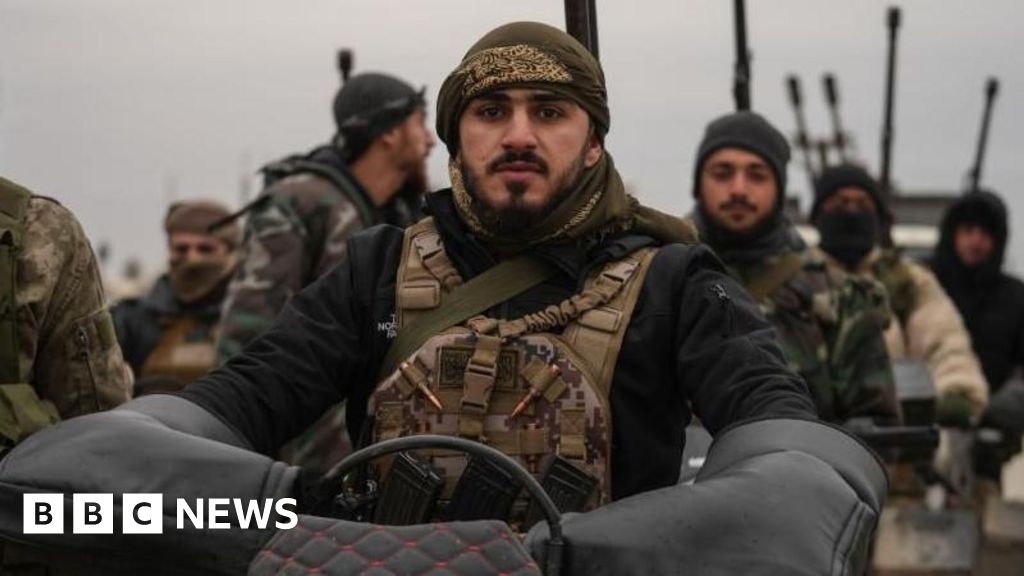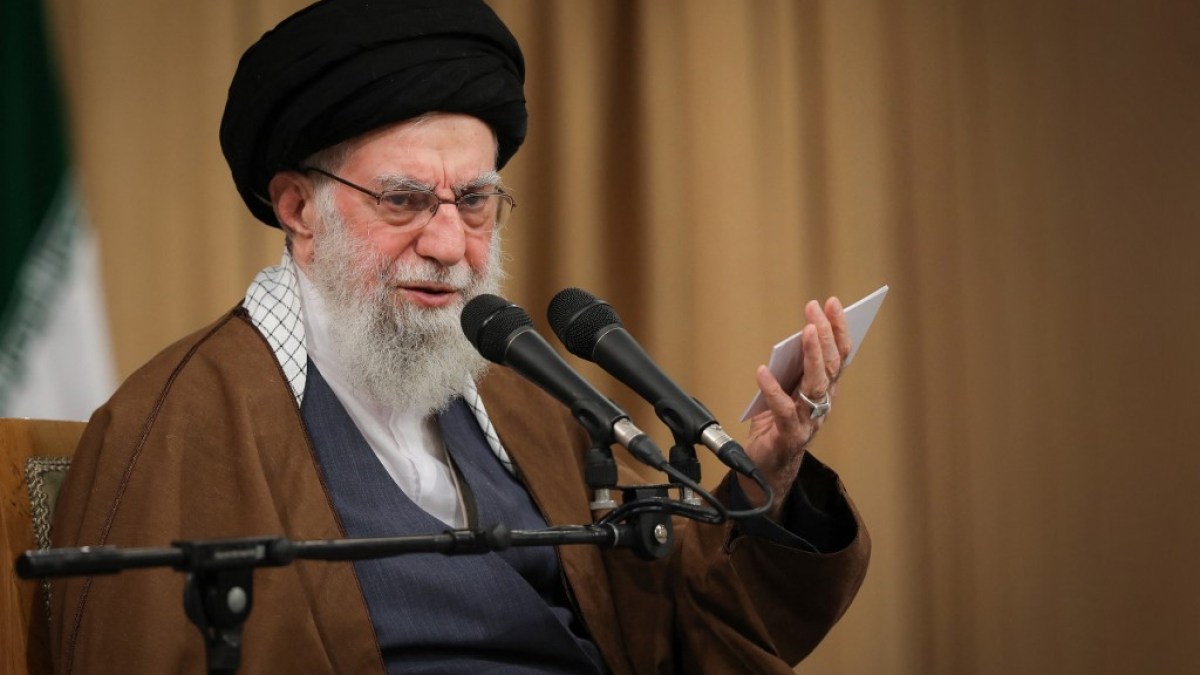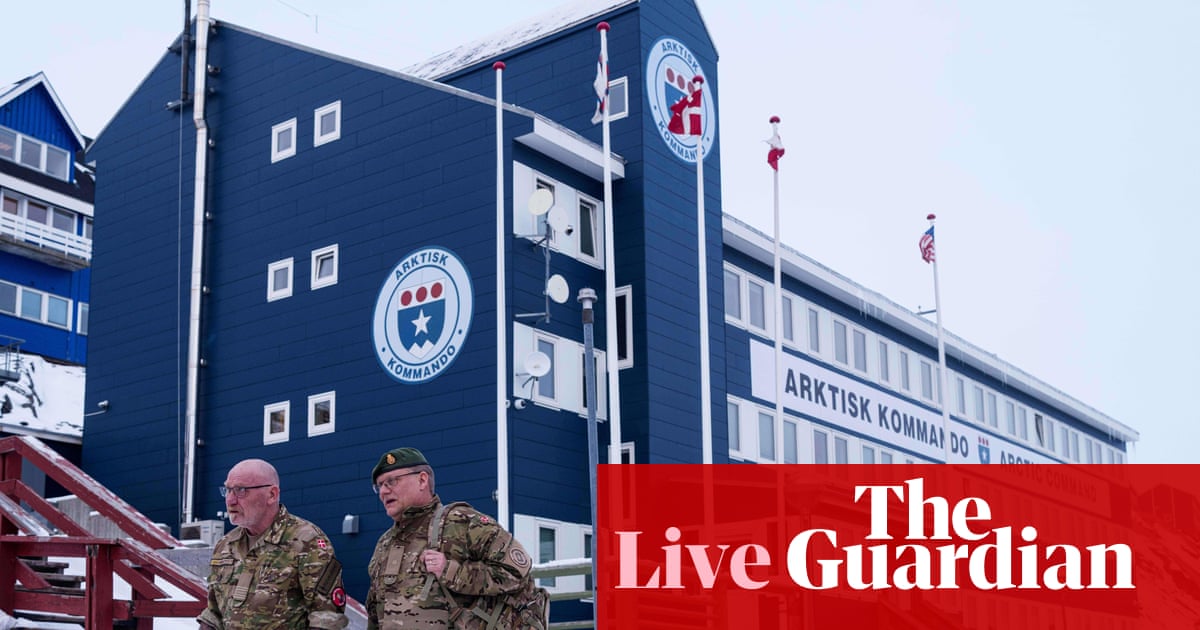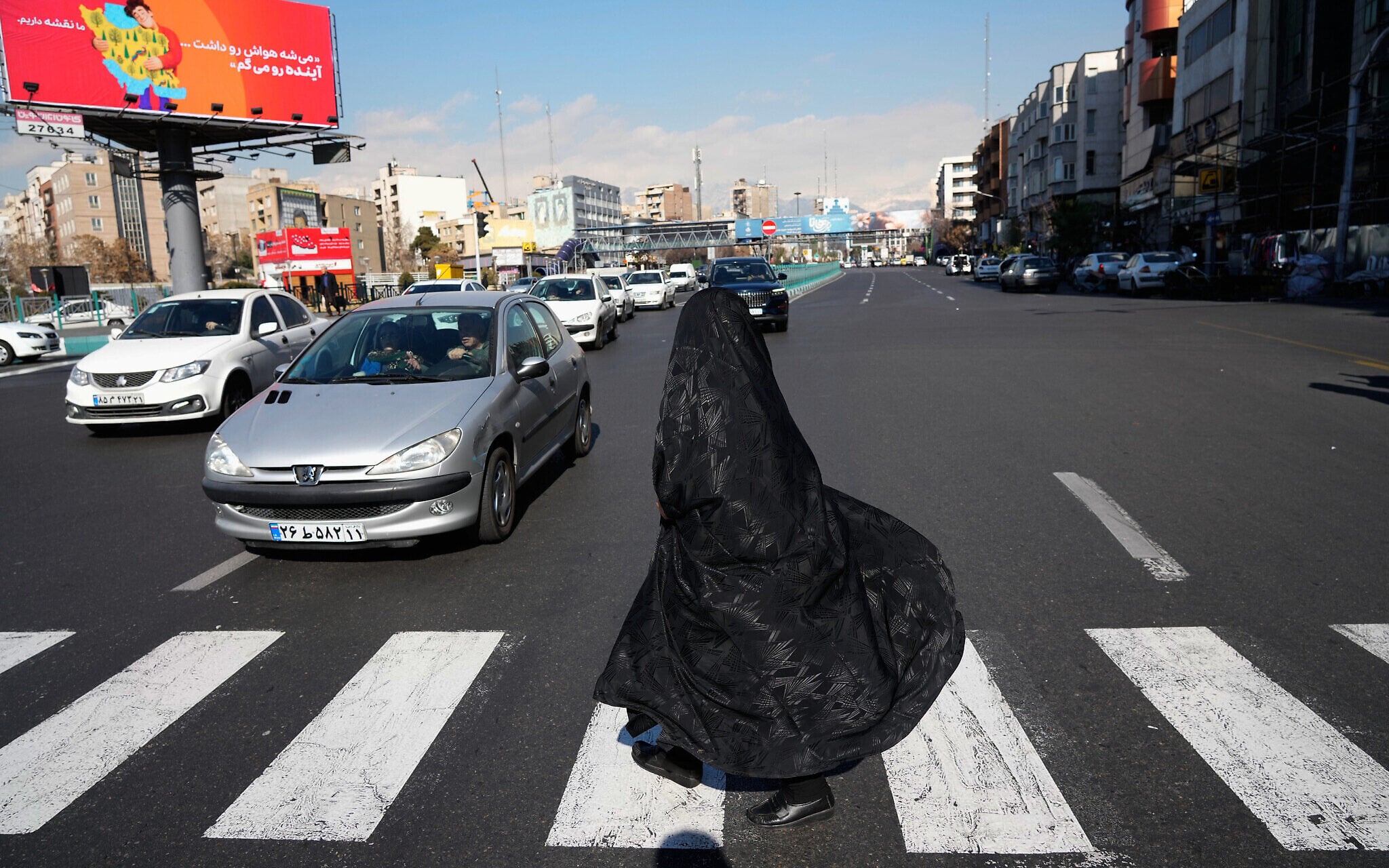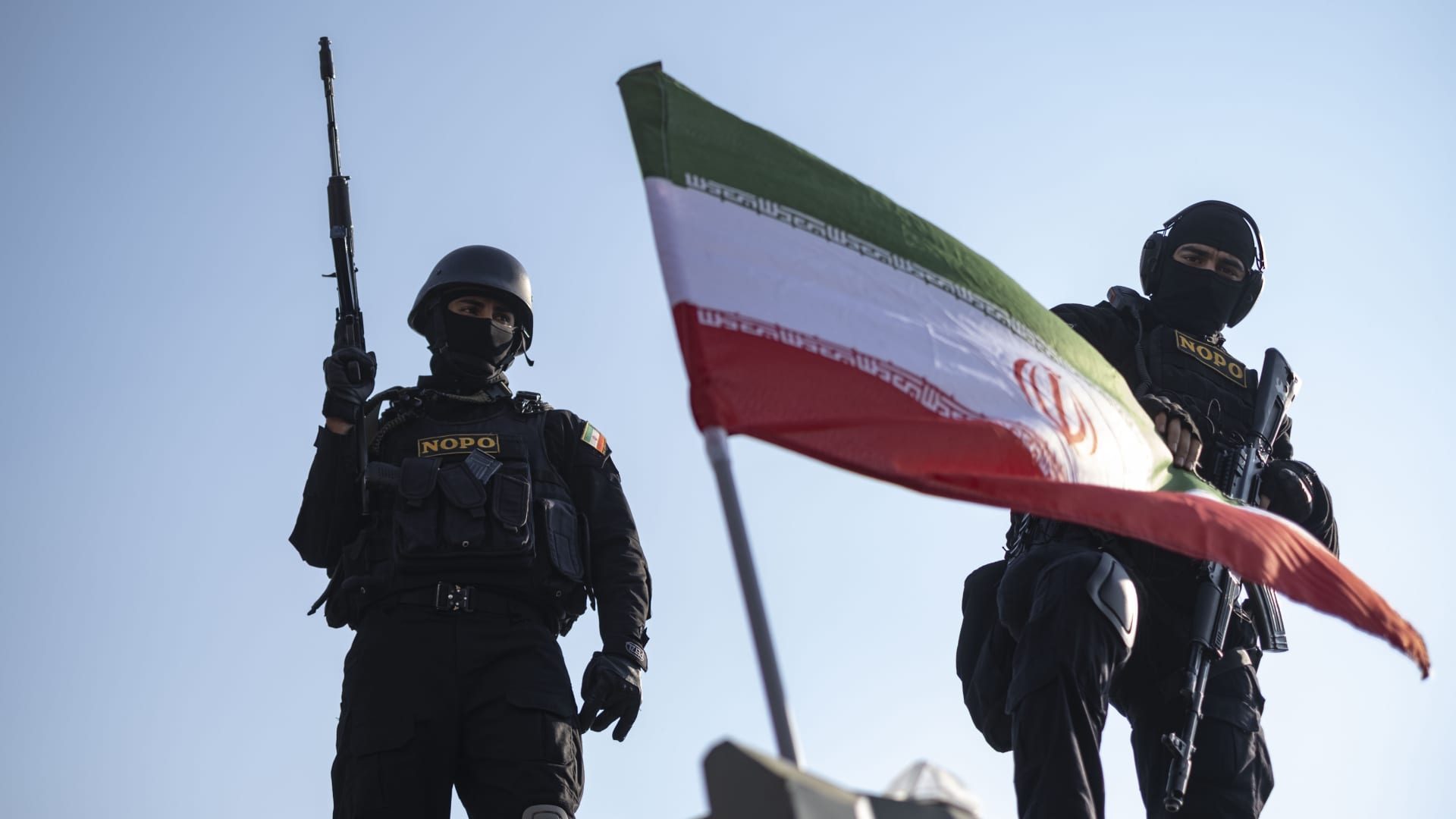- Thousands join anti-Trump ‘Hands off Greenland’ protests in Denmark Dawn
- Trump pledges to slap tariffs on European allies over Greenland Al Jazeera
- In their words: Greenlanders talk about Trump’s desire to own their Arctic island AP News
Protests planned in Denmark, Greenland against Trump’s calls for annexation
Hello and welcome to our live coverage of today’s events.
A series of demonstrations have been…
